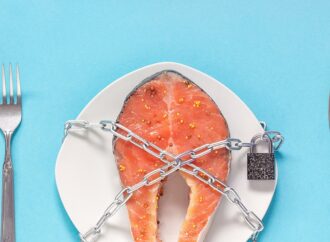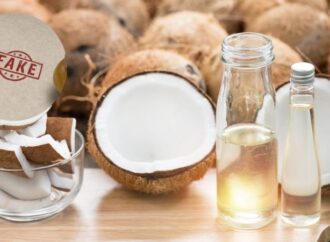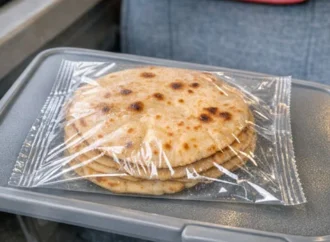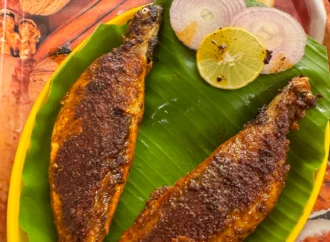Paneer, a protein-rich staple in Indian diets, is now at the centre of concern, with reports suggesting it’s one of the most adulterated foods in the market. Though we couldn’t verify the claims independently, FSSAI has flagged issues such as the presence of starch, detergent, and even formalin in paneer samples. For vegetarians who rely heavily on paneer for their daily protein, this raises serious health and nutrition concerns. Experts recommend diversifying protein sources to stay safe and well-nourished.
Why Protein Matters
Protein supports muscle growth, cell repair, hormone production, immunity, and keeps you full for longer. “Deficiency can lead to hair fall, fatigue, hormonal issues, and stunted growth in children,” said clinical dietitian Garima Goyal.
Don’t Depend on One Source
“The paneer scare is a wake-up call,” said Goyal. “Relying on one protein source, especially one prone to adulteration, is risky. Instead, combine dals, legumes, soy, dairy, and ancient grains. Buy local, switch it up, and when in doubt—make it at home.”
Clean Vegetarian Protein Sources
(Per 100g raw, based on ICMR-IFCT 2017)
-
Moong Dal (Green gram split) – 24.5g
High in protein and folate, easy to cook. -
Masoor Dal (Red lentils) – 24.0g
Great for soups and khichdi; easy to digest. -
Chickpeas (Chole) – 19.3g
Good for protein and iron; use in curries, hummus, or salads. -
Soy Chunks – 52.4g
One of the richest sources of plant protein. Use non-GMO, soak and cook well. -
Tofu (Soy paneer) – 10.5g
Versatile and mild-tasting; works in stir-fries or curries. -
Cow’s Milk – 3.2g
Safe if sourced from trusted dairies or used to make curd/paneer at home. -
Homemade Curd – 3.1g
Adds probiotics with moderate protein. -
Rajgira (Amaranth) – 13.6g
A complete protein, ideal for rotis and porridge. -
Quinoa – 13.2g
Nutrient-rich, increasingly popular in urban India.
What About Nuts and Seeds?
Though almonds (~20g) and pumpkin seeds (~30g) are protein-rich per 100g, they’re also calorie-dense. “A handful offers only 4–6g protein, so they work better as supporting foods,” said Goyal.
Balanced Plates, Better Health
“Mix legumes, soy, whole grains, nuts, and seeds for a complete amino acid profile,” said dietitian Kanikka Malhotra. “This protects against adulteration while supporting overall health, especially for diabetes and metabolic wellness.”
Need More Protein?
For those with higher needs—athletes, pregnant women, or during recovery—plant-based protein powders (like pea or brown rice) can help. Use only with expert guidance.
Source: The Indian Express
 Food Manifest
Food Manifest 


















